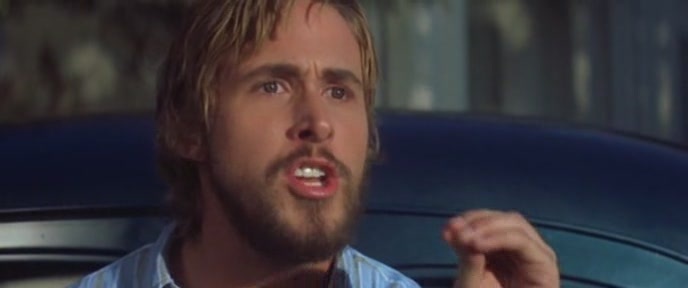THE NOTEBOOK (Le grand cahier) (A nagy füzet)
Sony Pictures Classics
Reviewed for Shockya by Harvey Karten. Data-based on Rotten Tomatoes
Grade: A-
Director: János Szász
Screenplay: Agota Kristof, András Szekér, Tom Abrams – adapted from Agota Kristof’s
novel (see below)
Cast: András Gyémánt, Gyöngyvér Bognár, László Gyémánt, Piroska Molnár, András Réthelyi, Ulrich Matthes
Screened at: Sony, NYC, 8/13/14
Opens: August 29, 2014
In his 1954 dystopian novel “Lord of the Flies,” William Golding creates a world of British boys as sole inhabitants of an island without adult authorities. They try to govern themselves but end up with disaster. Simply put, the youngsters become barbarians. In “The Notebook,” we discover that adult authorities do nothing to civilize a pair of twin boys. To the contrary, the youngsters, copying what they see around them, imitate the adults. They become barbarians. In short, given the right circumstances, kids without adults can turn savage, and kids with adults can become unemotional, unfeeling, and violent.
“The Notebook,” which illustrates that last point, is a World War 2 film unlike anything you’ve seen before. It’s an original, and it is blessed with superb, convincing performances, a deft use of graphics (particularly when we see the titled notebook close-up), and is filmed in a village alleged to be just a few meters from a border, one which is surrounded by two rows of barbed wire with mined land between. The twins who dominate the proceedings are playing 13-year-old boys but the actors, probably several years older, have only brief biographies in the IMDB. They should become better known as they rivet attention.
András Gyemant performs in the role of One while László plays the twin known simply as Other. When their mother, Anya (Gyöngyver Bognar), moves them from their city apartment because she fears they are too conspicuous at a time that the Germans are occupying Hungary, they are compelled to live with their grandmother, Nagyanya (Piroska Molnár). Grandma is known as The Witch and is believed to have poisoned her husband, an allegation which later becomes credible. We wonder how the kids will survive: she forces them to work hard on the scruffy farm chopping wood in return for food. The boys, noting the cruelty of the little world around them, determine to survive by toughening up. They whip each other into a frenzy until they claim to feel pain no longer. When they run into a deserter who has not eaten for four days and who dies, they test themselves by refusing to eat for the same period of time despite their grandmother’s gorging in front of them on the farm’s chickens.
They do everything together, and in fact in the movie’s most iconic image they are sleeping in the same bed, head to head as though conjoined twins. They can finish each other’s sentences. They never disagree. In their harsh world, they are befriended by only a few people. One is a Jewish shoemaker, Sutor (János Derzsi), who generously gives them warm boots; another is a Nazi officer (Ulrich Thomsen), who wears a neck brace. They learn how to steal from a village woman appropriately called Harelip (Orsolya Tóth). Between being abandoned by their mother and father, treated harshly by their grandmother, and exposed to their little world’s cruelty by the war, they imitate adults in their own way by killing insects and taping them to the notebook that their father had given them with instructions to write their daily experiences in detail.
What becomes clear soon enough is that “The Notebook” is an allegory, a fairy tale if you will. But it is more Hansel and Gretel than Daffy Duck. These twins must have quite a tale to tell, and in fact they do, or least novelist Agota Kristof does, in effect, by replicating the notebook as her novel–one whose pages must be filled with violence, sexual exploitation by the church deacon, murder, and seduction (as by a German maid who gets off while in a bathtub with the two boys). What is not clear is what country is on the other side of the border (Romania? Slovakia? Austria?), and why the lads’ father would feel a need to cut loose from Hungary and to cross over despite the danger of mines.
You can order Agota Kristof’s trilogy, which includes “The Notebook,” “The Proof,” and “The Third Lie” from Amazon for $14.50, a good buy for the 480 paperback pages. Whether you read the novels or not, you can’t go wrong by seeing the film.
Rated R. 112 minutes. © 2014 by Harvey Karten, Member, New York Film Critics Online
Story – A-
Acting – A-
Technical – A-
Overall – A-

